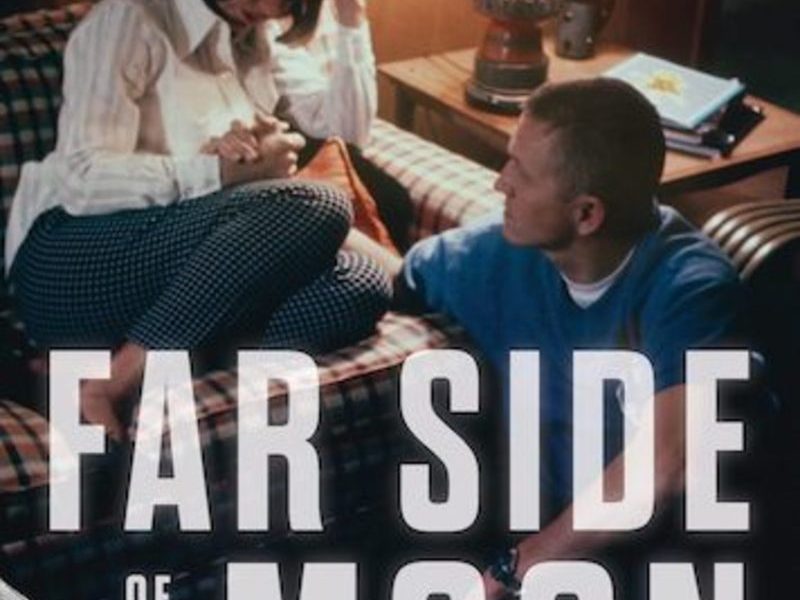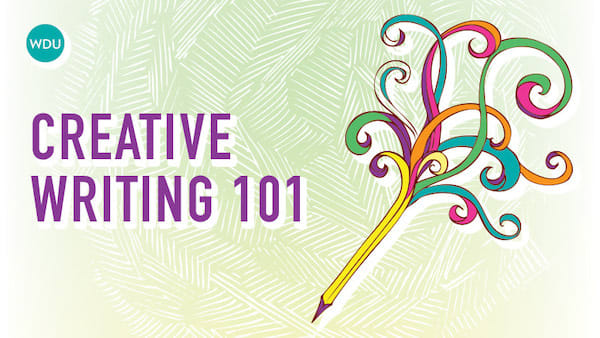Writing to End Stigmas Associated With Mental Illness and Disorders
(Editor’s Note and Trigger Warning: As the title suggests, this piece delves into the topic of mental illness, disorders, and treatment. It’s inspired by Liisa Jorgensen’s research on writing her nonfiction book Far Side of the Moon and is hopefully another step on the path to understanding how to write about a subject many people still have trouble discussing.)
Mental illness is one of the most sinister diseases for an individual to face. You can’t see it. There is no physical manifestation to alert anyone to its presence unless you take the time to look deep into someone’s eyes who is suffering from it. The spark that should be there is simply gone.
Humans are hardwired to survive, but the kind of deep pain that doesn’t seem to have a light at the end of the tunnel is almost impossible to bear. It just gets darker and darker until you believe that you will never see illumination again. So, you pray that you won’t have to. You pray that when you close your eyes, you won’t have to open them ever again. It’s better than holding on to the hope that it will eventually get better, when it never has. You get brief respites. Times where joy is just within reach … and then slips away like a mirage.
(Liisa Jorgensen: On Inspiring and Challenging Readers)
You can distract yourself with worthwhile causes, loved ones, or passions—but when you dare to look over your shoulder, the darkness is right there, always ready to draw you back. At some point there has to be a reckoning—just like a volcano that has been dormant for years and eventually blows and burns everything in its path. If you have already been to hell, there is not much else to fear. Especially death. Anyone who has experienced this is fighting a war that is almost impossible to win. Whether you do or do not, you are a warrior.
One of the reasons I was so passionate about writing Frank and Susan Borman’s story from Susan’s perspective is because I felt that she, along with all the other astronaut wives, hadn’t been represented in the way I felt they should be. I related the most to Susan and couldn’t imagine how internally strong she had to be to hide her illness from everyone, because she truly had no choice. There was no one to talk to, and the shame that would have accompanied an admission of mental illness within the intense environment at NASA was too much for Susan to contemplate. It’s no wonder she became a functioning alcoholic.
There are many reasons why people with mental illness are more likely to be heavy or dependent drinkers. One of the biggest is that people struggling with depression use alcohol like a medicine, to “treat or medicate” the symptoms of depression. Anti-depressants only work for roughly one third of people with mental illness, so the desperation to get relief drives them to self-medicate. Alcohol does relieve things. It takes away anxiety and as long as you don’t drink to massive excess, it makes you feel the closest to “normal” that you ever have, so it’s a very easy thing to abuse. The more pain and stress that life dishes out, the more you believe that you need it.
IndieBound | Bookshop | Amazon
[WD uses affiliate links.]
Unfortunately, women’s bodies tolerate alcohol differently than men’s, and they are more likely to be at risk for alcohol-related problems. Alcohol dependence is twice as deadly for women as for men.
Speaking from personal experience, I am as frustrated as anyone about the fact that not much has changed since the 1970s when Susan Borman finally had her breakdown. The stigma of admitting you suffer from mental illness may have improved in the last decade, but the success of treatments hasn’t. There just simply isn’t a “one size fits all” remedy, and no matter how educated, most doctors have no choice but to roll the dice on what will work for each individual.
Some believe it’s all about your diet and exercise, which is basically linked to every disease in some way, others chalk it up to genetics. Pharmaceutical drugs help some people, but for the 60-plus percent that they don’t help, is just therapy alone enough? And how many people can actually afford to see a professional?
No wonder we are looking at out-of-the-box solutions like psychedelics.
Anxiety is an abnormal or an unhealthy response to stress, and when you suffer from both anxiety and depression there is way too much right now to be stressed about. Everything we see, hear, or watch today keeps us in a heightened state of fear. When you don’t have the balance of chemicals in your brain to help process information in a healthy way, the feeling of hopelessness is compounded on a daily basis.
Recovery and treatment need to be a process centered on the whole person and his or her goals, rights, and responsibilities. That requires a robust health care system that isn’t already completely overwhelmed. The healers must be supported as well, or we lose them to burnout and exhaustion. Each individual’s potential for restoration is dependent on their participation in the treatment process. The journey to wellness is a unique function of autonomy, self-determination, and available resources. How do you help people who have lost the ability to fight for themselves without the available resources that are so necessary?
There are no easy answers, and we are all so god damn tired.
I do want to end on a more positive note. There are some superpowers that come with mental illness. We have access to a part of our brain that usually makes us more creative, empathetic, and in some instances exquisitely gifted. In Susan’s case, she had amazing intuition and emotional intelligence which allowed her to navigate situations that eluded her husband—and he was a literal rocket scientist.
I remember hearing a neuroscientist talk about people who struggle with mental illness. The thing that he said that stuck with me was: “Some people with this disease might not be with us as long as we wish—but look at what they have given our world. Most of the art and music we treasure has come from them. They are a gift.”




